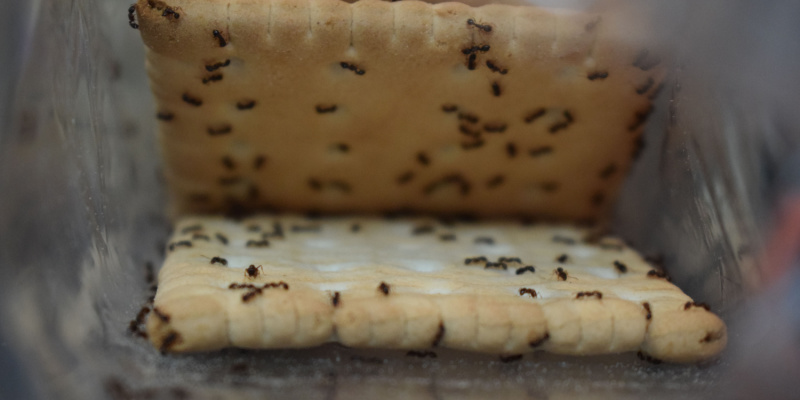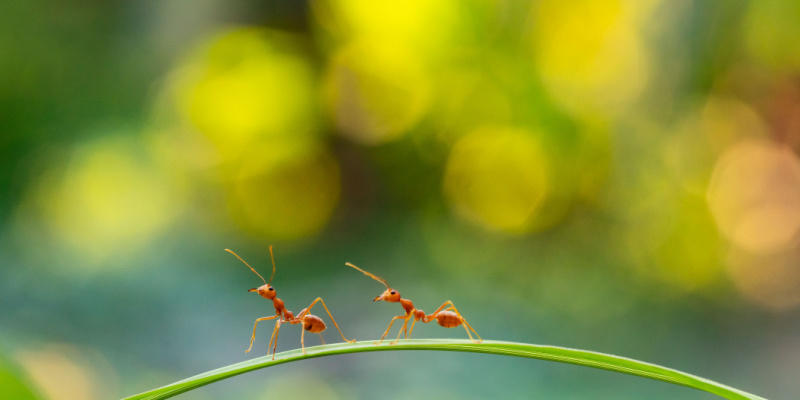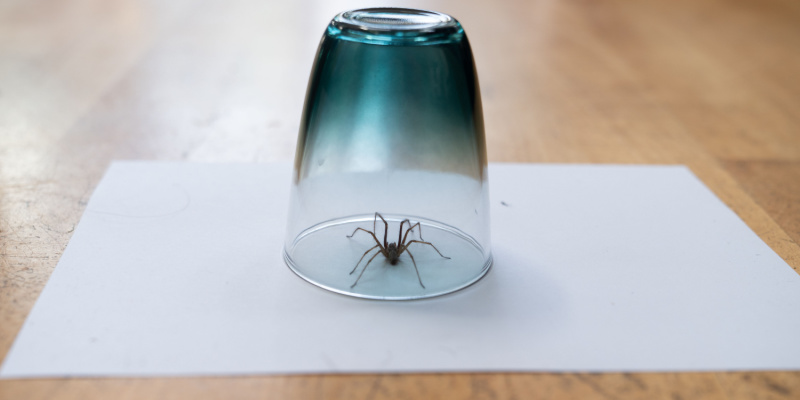With its thriving urban environment and pleasant neighborhoods, Indianapolis is a wonderful place to call home. Unfortunately, Indianapolis homeowners may encounter unwelcome guests in the form of ants. Let’s consider common ant problems faced by Indianapolis homeowners, identify the types of ants commonly found in the area, and provide practical solutions to manage ant infestations effectively.
Common Ant Problems in Indianapolis
- Kitchen Invaders
Ants are often attracted to kitchens due to the presence of food crumbs, spills, and open food containers. They can quickly establish trails leading from outdoors to your kitchen, making it challenging to keep them at bay.
- Structural Damage
Some species, like carpenter ants, have a penchant for nesting in wooden structures. Over time, this can lead to significant structural damage if left unchecked.
- Garden Pests
Certain ant species, such as pavement ants and pharaoh ants, may cause problems in gardens by disturbing the soil and tending to aphids or other plant-damaging insects.
- Multiple Colonies
Ants often establish multiple colonies, making eliminating the entire population with over-the-counter solutions difficult.
Common Types of Ants in Indianapolis
1. Pavement Ants
Pavement ants are brown or black ants that typically nest under pavement, sidewalks, and driveways. However, they may venture indoors in search of food.
2. Odorous House Ants
These small, dark brown ants emit a foul odor when crushed. They commonly nest indoors, near moisture sources, and are often found trailing along countertops and in bathrooms.
3. Pharaoh Ants
Pharaoh ants are tiny and light brown, often nesting in warm and humid areas. They can be a significant problem in hospitals, restaurants, and residential buildings, as they are difficult to control and can spread diseases.
4. Carpenter Ants
Carpenter ants are larger ants with black or reddish-brown coloration. They prefer to nest in damp or decaying wood, including wooden structures in homes. Although they don’t eat wood like termites, they can cause significant damage over time.
Practical Solutions for Ant Infestations
1. Keep a Clean Home
Prevention is key when dealing with ants. Regularly clean your home, paying particular attention to the kitchen and areas where food is prepared or consumed. Wipe down surfaces, sweep floors, and promptly clean up any spills or crumbs.
2. Seal Entry Points
Inspect your home for cracks, gaps, and openings where ants can enter. Seal these entry points to prevent ants from gaining access.
3. Store Food Properly
Keep food in airtight containers to prevent ants from being attracted to the scent. Be particularly cautious with sugary or sticky foods, as these appeal to ants.
4. Fix Moisture Issues
Address any moisture problems in your home, such as leaks or standing water, as ants are drawn to moisture-rich environments.
5. Diatomaceous Earth
Diatomaceous earth is a natural powder made from the fossilized remains of diatoms. It is non-toxic to humans and pets but acts as a natural barrier that can deter ants from crossing it.
6. Borax Baits
Borax mixed with sugar or another sweet substance can act as an effective bait for ants. The worker ants carry the bait back to the colony, which can help eliminate the entire population.
7. Professional Pest Control
If the ant infestation persists or becomes unmanageable, seek professional pest control services. Experienced exterminators have the knowledge and tools to identify the ant species and implement targeted treatments for effective control.
Dealing with ant problems in your Indianapolis home requires a proactive and strategic approach. Regular cleaning, sealing entry points, and properly storing food are essential steps in ant control. If you encounter a persistent infestation, consider using natural remedies like diatomaceous earth or borax baits and seek professional pest control assistance from Trio Pest Control. With a combination of preventive measures and targeted treatments, Indianapolis homeowners can effectively rid their homes of ants for good.




